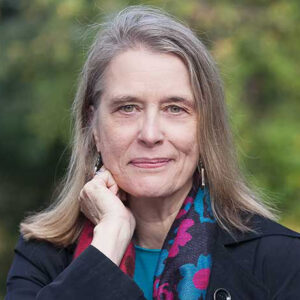To select words for The Newcomer’s Dictionary, I became a word tourist. That is to say, I would visit a word and delve into its meaning and history in order to decide whether it should be included. Words that I considered distinguished runner-ups include: alien, baggage, distance, émigré, home, homesteading, relocate, settler, tourist, transient, transplant, wanderlust and voyage. I look forward to exploring some of these words in future blogs.
For inclusion, a word needed to spark a personal memory or connect in some way to the newcomer experience in folk stories, fairy tales, books or films. As I reflected on certain words and stories, I began to see them within a wider historical context and how they influenced our perceptions of newcomers and reinforced negative stereotypes.
The word ‘newcomer’ is a practical one, having no hidden connotations. It feels like a word invented to describe a person entering a house for the first time or going to a new restaurant. It infers an action to arrive at a new location, but it does not evoke any special feelings.
But when we hear ‘refugee’, ‘asylum seeker’ or ‘displaced person’, the effect is dramatically different. These words are synonymous with drastic change, dislocation, desperation, vulnerability and powerlessness.
Generations of people around the world have been refugees or immigrants because of famine, war or the desire for a better life. In the last twenty years, 60,000 ‘boat people’ have arrived in Australia. In 2019, there were 44.9 million immigrants living in the United States. So far, more than five million people have fled Ukraine since the start of the Russian invasion and it is estimated that this number will reach nine million. Consider the cumulative emotional impact of all of these extreme changes on people, their families and communities.
Words can help inspire us, but sometimes action is the best remedy. Please consider giving a donation to the World Central Kitchen to help Ukrainian refugees.
‘Whether you were visible or invisible, it was all about how other people reacted to you. Good and bad things happened either way. If you were invisible, the bad people couldn’t hurt you, that was true. But the good people couldn’t help you, either.’
– Alan Gratz, Refugee
